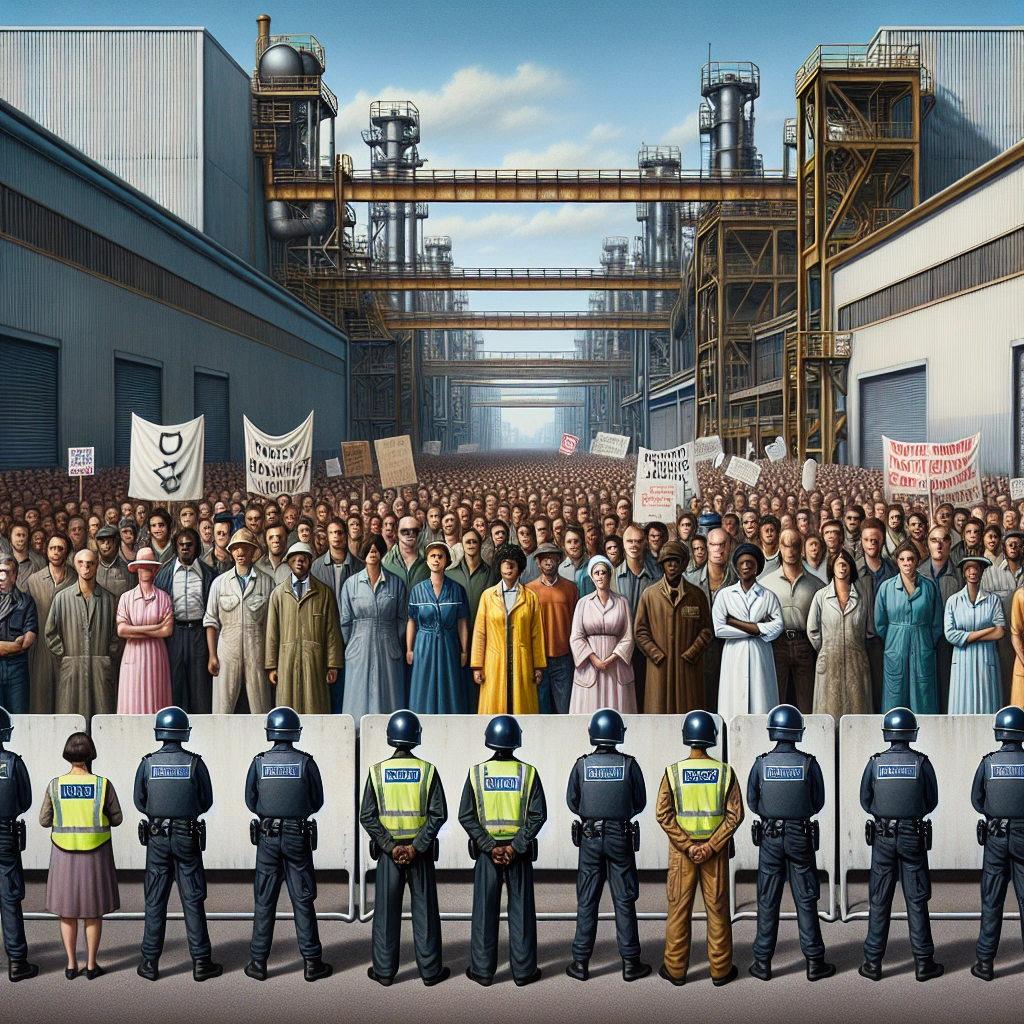Countries Where Unions Are Illegal – The Worst Offenders


In some countries, unions are illegal and prohibited by law. This means that workers are not allowed to form or join unions to advocate for their rights and negotiate with their employers.
This has a significant impact on workers, as they are unable to collectively bargain for better wages, working conditions, and benefits. The absence of unions in these countries often leads to exploitation of workers and unfair labor practices.
Furthermore, the prohibition of unions in these countries also limits the ability of workers to have a voice in their workplace and address any grievances they may have. As a result, workers in these countries may face challenges in advocating for their rights and improving their working conditions.
The History of Unions
Timeline of the labor movement
The labor movement can be traced back to the industrial revolution in the 18th century when workers started organizing to fight for better wages and working conditions. One key event was the formation of the Mechanics’ Union of Trade Associations in Philadelphia in 1827, uniting craft unions within a single city, marking a pivotal moment in the labor movement’s history.
Another milestone occurred in the 1890s when the movement gained strength and significance, with widespread protests and strikes across the country for improved working conditions and fair pay. Notably, the Battle of Cripple Creek in Colorado in 1894 became a significant moment in labor history, highlighting the struggle for workers’ rights and fair treatment.
Rise of unions in various countries
The rise of unions has been a global phenomenon, with workers in various countries banding together to advocate for their rights. In the United States, the labor movement emerged from the colonial artisans and gained momentum with the formation of centralized labor bodies, bringing together craft unions.
Similarly, in countries like the United Kingdom, Australia, and Canada, the rise of unions paralleled the industrialization and the need for workers to have a collective voice.
The impact of globalization on workers and their trade unions has also been profound, affecting unionization patterns, political activities, and workers’ conditions worldwide. For instance, the comparison of unionization levels between the US and other countries has shed light on the evolving landscape of labor movements, with various sectors like rail workers, nurses, teachers, and airport employees organizing to secure better pay and working conditions.
Countries with Prohibited Unions – The Most Flagrant Violators
Overview of the problem
Unions play a critical role in protecting workers’ rights and ensuring fair labor practices. However, in some countries, the formation and operation of unions are deemed illegal, depriving workers of the fundamental right to collective bargaining and representation.
Examples of countries where unions are illegal
In countries like Chad, Saudi Arabia, Libya, and Iraq, unions are either heavily restricted or completely banned. For instance, in Egypt and Saudi Arabia, independent labor unions have been dissolved, while in Libya and Iraq, the breakdown of the rule of law has left workers without guaranteed labor rights.
Impact on workers and their rights
The prohibition of unions in these countries severely impacts workers’ rights, leaving them vulnerable to exploitative labor practices and devoid of mechanisms for negotiation and protection. This prohibition often leads to the prevalence of modern-day slavery and significantly diminishes the power of workers to advocate for fair wages and safe working conditions.
The Consequences of Illegalizing Unions
Unions play a crucial role in protecting workers’ rights. They provide a collective voice for employees, ensuring fair wages, safe working conditions, and reasonable hours.
Without unions, workers are vulnerable to exploitation by employers who may prioritize profits over the well-being of their employees. This loss of worker protection can lead to a decline in overall job satisfaction and morale, impacting productivity and the quality of work.
Unions act as a deterrent to the exploitation of labor. They negotiate labor agreements that set standards for wages, benefits, and working conditions, preventing employers from taking advantage of their employees.
Without the presence of unions, there is a higher likelihood of employers disregarding labor laws and engaging in unfair labor practices, ultimately leading to the exploitation of workers for the benefit of corporate gains.
The absence of unions can contribute to an increase in income inequality. Unions have historically played a pivotal role in narrowing the income gap by advocating for fair wages and benefits for all workers.
Research has shown that areas with higher union membership tend to have reduced income inequality. Without the presence of unions, there is a greater risk of widening disparities in income, as the bargaining power of individual workers diminishes in the absence of collective representation.
| Loss of worker protection | Exploitation of labor | Impact on income inequality |
|---|---|---|
| Job satisfaction and morale at risk | Heightened susceptibility to unfair practices | Potential widening of income disparities |
Reasons Behind the Ban on Unions
Political and economic motivations
The ban on unions in certain countries can be attributed to political and economic motivations. Governments and industries may view unions as a threat to their authority and control over labor policies, which might disrupt the status quo.
Additionally, some countries may seek to maintain a competitive edge in the global market by limiting the influence of unions on labor conditions and wages.
Influence of powerful entities
Powerful entities, such as large corporations and influential individuals, often play a significant role in the ban on unions. These entities may fear the potential impact of organized labor on their bottom line and actively work to suppress unionization efforts through lobbying, legal maneuvers, and anti-union campaigns.
Resistance to unionization
The resistance to unionization from employers and industry stakeholders can also contribute to the ban on unions. The prospect of collective bargaining and increased worker rights might be viewed as disruptive to business operations, leading to concerted efforts to prevent or dismantle union activities.
This resistance can manifest in various forms, including aggressive opposition to union organizing and the implementation of anti-union strategies within workplaces.
Case Studies of Countries Where Unions Are Illegal
Specific examples of countries and their anti-union laws
-
Country: Kazakhstan
- Anti-Union Laws: Kazakhstan imposes heavy restrictions on trade unions, making it difficult for workers to form or join unions. The government has interfered with union activities and limits the right to strike.
-
Country: Iran
- Anti-Union Laws: Iran prohibits independent trade unions and heavily restricts collective bargaining. Workers face severe consequences, including imprisonment, for attempting to organize or participate in strikes.
-
Country: China
- Anti-Union Laws: China operates only one government-controlled union, effectively banning independent trade unions. Workers who attempt to organize independent unions face surveillance, harassment, and imprisonment.
-
Country: Egypt
- Anti-Union Laws: Egypt has imposed significant restrictions on the formation of independent trade unions, and labor strikes are often met with severe punishment.
Stories of workers affected by the ban on unions
-
In Kazakhstan, workers who tried to establish independent unions faced intimidation, violence, and legal harassment, severely limiting their ability to advocate for better working conditions.
-
Iranian workers attempting to form independent unions have faced imprisonment and torture, highlighting the severe consequences of challenging the anti-union laws.
-
Chinese workers advocating for fair labor practices outside government-controlled unions endure surveillance, harassment, and legal repercussions, demonstrating the impact of anti-union laws on their freedoms.
-
Egyptian workers participating in strikes or attempting to form independent unions have faced arrest, detention, and other forms of persecution, illustrating the dire situation resulting from the ban on unions.
The Role of International Organizations
Efforts to address the issue
International organizations play a pivotal role in addressing global issues by promoting cooperation and coordination among nations. They contribute to shaping global norms and values by advocating principles of international law, human rights, and sustainable development.
For example, the United Nations (UN) has become the foremost forum to address issues that transcend national boundaries, engaging in conflict resolution, peacekeeping, disaster relief, education, and advancement of women.
Impact of international pressure on offending countries
The impact of international pressure on offending countries is profound. International pressure, including threats to cut diplomatic ties and the imposition of sanctions, can significantly enhance the prospects of domestic dissent in targeted countries.
For instance, when there are signals of international disapproval with the incumbent government, it can lead to increased political mobilization and support for change within the country.
| Country | Impact of International Pressure |
|---|---|
| Country A | Increased political mobilization and dissent |
| Country B | Political polarization |
| Country C | Global diffusion and convergence |
The Fight for Workers’ Rights
Activism and resistance in countries where unions are illegal
In countries where unions are banned, workers often face fierce opposition when attempting to organize. They encounter various forms of resistance and oppression from both the government and employers.
Despite the risks and challenges, courageous workers continue to engage in clandestine activities and underground movements to advocate for their rights. This often involves organizing secret meetings, distributing propaganda, and covertly mobilizing fellow workers to resist the oppressive anti-union laws.
Success stories of workers overcoming anti-union laws
Remarkably, there have been instances where workers have triumphed over the obstacles presented by anti-union laws. In these success stories, workers have displayed extraordinary resilience and determination in the face of adversity.
Through strategic collaboration and resilience, they have managed to create enduring change and establish a unified voice. These victories have often been achieved through innovative tactics such as leveraging global solidarity, utilizing digital communication platforms, and engaging in non-traditional forms of advocacy to promote workers’ rights.
| Country | Success Story |
|---|---|
| Germany | Public sector employees initiated widespread protests, leading to the repeal of laws limiting union activity. |
| USA | Workers in various states have successfully lobbied for amendments to anti-union legislation, gaining greater rights to organize. |
These success stories serve as a source of inspiration and hope for workers facing similar challenges across the globe. Despite the adversity, their resilience and determination demonstrate that the fight for workers’ rights continues to gain momentum, even in the face of legal restrictions on unions.
The Future of Unionization
Potential for change in offending countries
The potential for change in offending countries is significant as global pressure mounts on these nations to adhere to international labor standards. For example, the new regulation to counter union violations in the US signifies a shift towards greater accountability for companies found involved in illegal activities during unionization efforts.
Importance of global solidarity among workers
The importance of global solidarity among workers cannot be overstated, as it enhances their collective bargaining power and amplifies their voices on an international platform. As trade unions expand their agendas to engage with international organizations, they can influence policies, organize global campaigns, and deepen cooperation at the transnational level, ultimately strengthening the position of workers worldwide.
The Global Impact of Illegal Unions
Economic ramifications
The illegalization of unions in certain countries can lead to economic ramifications such as reduced bargaining power for workers, lower wages, and diminished job security. This can create an environment where workers are vulnerable to exploitation and can impact the overall productivity and stability of the labor force.
Social and political implications
The absence of legal unions in some countries can have significant social and political implications. It may lead to increased social inequality, reduced worker representation, and diminished avenues for addressing grievances.
From a political perspective, it can affect the balance of power between labor and management, ultimately influencing governmental policies and labor laws.
The Cost of Labor Exploitation
Human rights violations
Exploitative labor practices not only violate the human rights of workers but also lead to a cycle of poverty, vulnerability, and disenfranchisement. Workers are often subjected to forced labor, modern slavery, and human trafficking, which perpetuates a system of abuse and exploitation in various economic sectors such as domestic work, construction, agriculture, manufacturing, and forced begging.
Psychological and emotional toll on workers
The emotional and psychological toll on workers subjected to labor exploitation is staggering. Working long hours for meager pay, coupled with mistreatment by employers, can lead to increased risks of anxiety, depression, and high suicide rates.
Furthermore, the structural determinant of mental illness due to concealed levels of exploitation in wages and salaries affects the well-being of employees, creating a devastating impact on their mental and physical health.
Addressing the Root Causes
Challenging power structures
To address the root causes of structural oppression, we must first challenge power structures that perpetuate inequality. This involves acknowledging the ways in which power differentials are entrenched within societal norms and institutions.
By challenging these power structures, we pave the way for equitable opportunities and outcomes, fostering a more inclusive and just society.
Advocating for legislative change
Advocating for legislative change is crucial in addressing the root causes of systemic issues. By influencing and shaping laws and policies, we have the power to dismantle oppressive structures and drive meaningful reform.
Legislative advocacy empowers individuals and communities to voice their concerns and advocate for change at a systemic level, leading to lasting impact and progress.
Advantages of Unionization
Improvements in working conditions
Improved working conditions are one of the significant benefits of unionization. Labor unions advocate for workplace safety regulations, leading to the implementation of measures to prevent accidents and health hazards.
For example, in countries where unions are legal, such as the United States, unions have played a crucial role in enforcing laws like the Occupational Safety and Health Act, ensuring safe and healthy work environments for workers across various industries.
Collective bargaining for fair wages and benefits
Through collective bargaining, unions negotiate fair wages and benefits for their members. This empowers workers to have a collective voice in determining their compensation, which has resulted in better pay, healthcare coverage, retirement benefits, and improved working conditions in unionized workplaces.
For instance, in countries where unions are legal, such as Canada, unionized workers have secured better wages and benefits compared to their non-unionized counterparts, demonstrating the positive impact of collective bargaining.
Promoting a Culture of Solidarity
Building alliances across borders
By forming alliances with international labor organizations and advocacy groups, we can amplify our collective voices and advocate for change on a global scale. Strengthening relationships with workers’ rights advocates in other countries can lead to a unified front in addressing issues such as unfair labor practices and the illegalization of unions.
Showing support for workers in offending countries
We must actively show our solidarity and support for workers in countries where unions are illegal by raising awareness, sharing their stories, and advocating for their rights on international platforms. Additionally, organizing international campaigns and initiatives to put pressure on offending countries and corporations can help bring attention to the plight of workers and push for positive change.
The Legal and Ethical Imperative
Upholding international labor standards
Upholding international labor standards is essential for ensuring fair and equitable treatment of workers across the globe. These standards, set by international organizations such as the International Labour Organization (ILO), establish the basic rights of workers, including the right to fair wages, safe working conditions, and reasonable working hours.
By adhering to these standards, countries can contribute to a global environment where workers are respected and protected.
Moral obligation to protect workers’ rights
There exists a moral obligation to protect the rights of workers, as they are fundamental to creating a just and humane society. Upholding these rights not only ensures the well-being of individuals but also fosters a sense of ethical responsibility and compassion within the broader community.
It is imperative for nations to recognize and honor the inherent dignity of all workers, regardless of their background or nationality, by safeguarding their rights and ensuring fair treatment in the workplace.
Recommended Amazon Products for [Assisting Workers in Countries Where Unions Are Illegal]
Here’s a curated list of products that can help workers in countries where unions are illegal navigate their challenging work environments with ease. These recommendations are based on the specific needs and circumstances of workers facing anti-union laws.
Safety Glasses


Safety glasses are essential for workers in these challenging environments, providing protection for their eyes from potential hazards. These can help workers stay safe and secure while working in industries without union protection.
Noise Cancelling Earplugs


In workplaces where workers’ rights are not protected by unions, noise cancelling earplugs can help reduce the impact of loud machinery and equipment on workers’ ears, promoting better long-term ear health.
Back Support Belt


Workers who lack the support of unions may face demanding physical labor. A back support belt can provide relief and prevent long-term injury for workers engaged in physically demanding jobs.
Work Gloves


In industries where workers face physical risks without the support of unions, work gloves can offer protection from cuts, burns, and other workplace dangers, ensuring the safety and well-being of workers.
Reflective Safety Vest


For workers in jobs that require high visibility without the protection of unions, a reflective safety vest can enhance their safety while working in low light conditions or around moving vehicles.
Top Recommended Product for [Assisting Workers in Countries Where Unions Are Illegal]
If you’re looking for the best solution to assist workers in countries where unions are illegal, we highly recommend Safety Glasses. Here’s why:
| Pros | Cons |
|---|---|
| – Provides essential eye protection | – May not address all workplace safety concerns |
| – Suitable for a wide range of industries | – Not a comprehensive solution to lack of union protection |
| – Easy to use and essential for workplace safety | – May not alleviate larger issues of worker rights |
Ready to improve workplace safety for workers in challenging environments? Check out Safety Glasses today for the best results!
Conclusion
There are still several countries where unions are illegal, limiting the rights of workers to organize and negotiate for better working conditions. These countries often have strict labor laws that prohibit the formation of labor unions and collective bargaining.
As a result, workers in these countries may have limited power to advocate for their rights and improve their working conditions.
Furthermore, the prohibition of unions in these countries can lead to unfair labor practices, exploitation of workers, and lack of protection for employee rights. Without the ability to collectively bargain, workers may be at a disadvantage when it comes to negotiating fair wages, benefits, and workplace safety measures.
This can ultimately create an imbalance of power between employees and employers, and hinder the overall well-being of the workforce.
The existence of countries where unions are illegal highlights the ongoing struggle for labor rights and worker protection on a global scale. It emphasizes the importance of advocating for the rights of workers and addressing the disparities in labor laws and practices across different countries.
Efforts to promote the freedom of association and the right to organize are crucial in creating a fair and equitable work environment for all individuals.




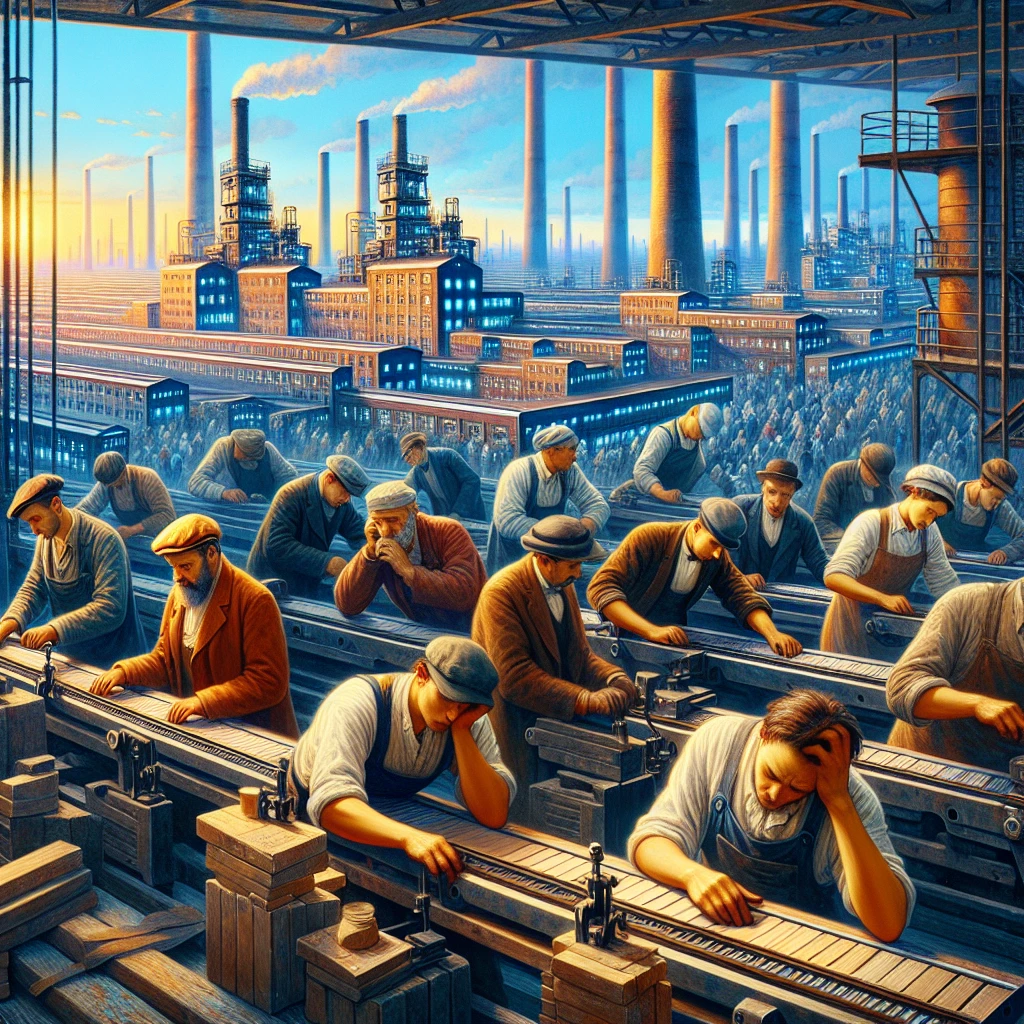


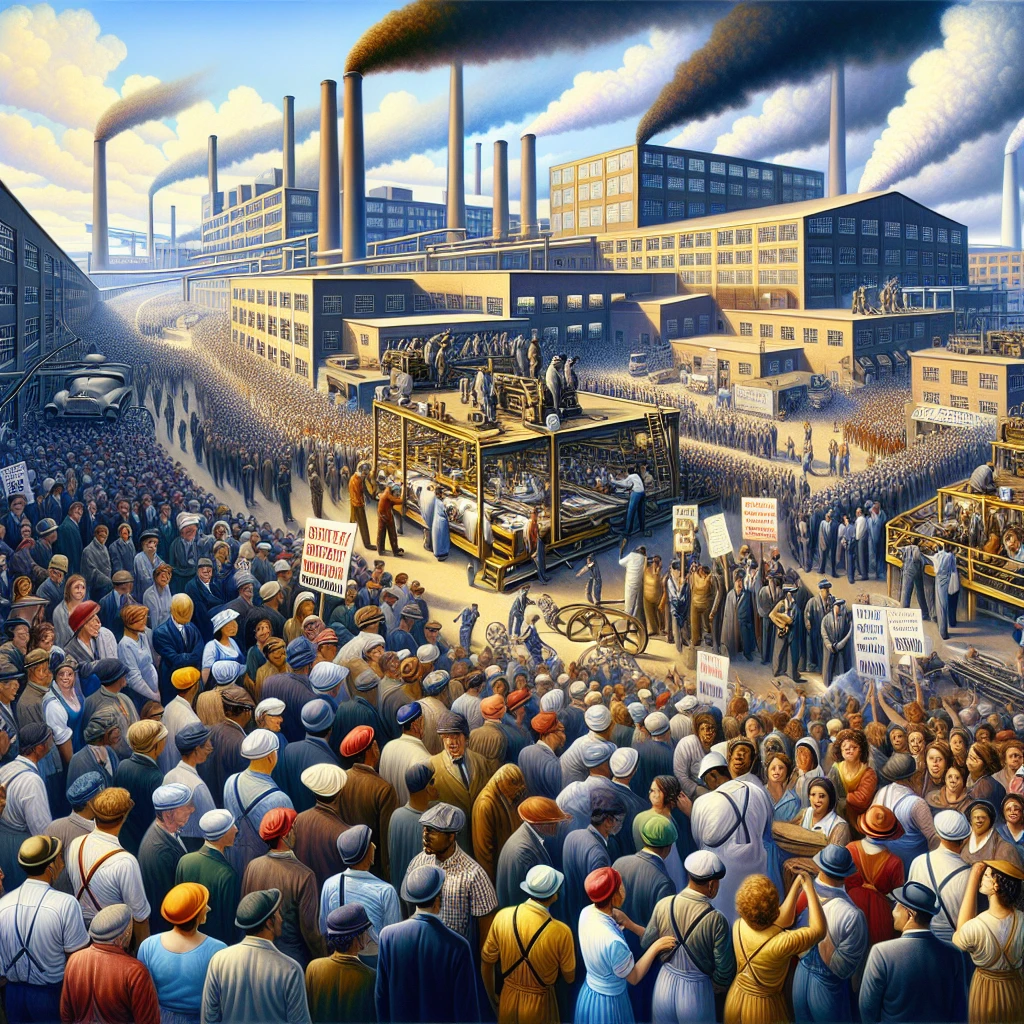
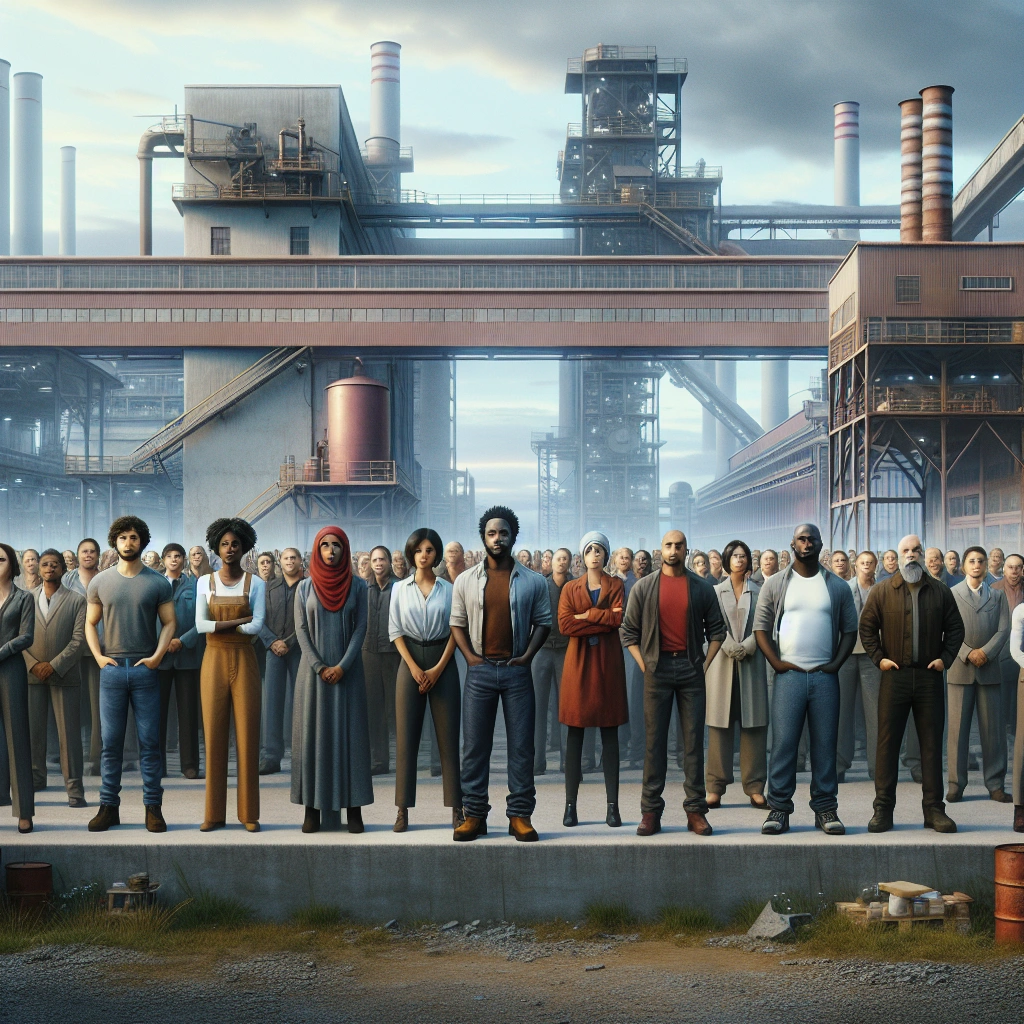


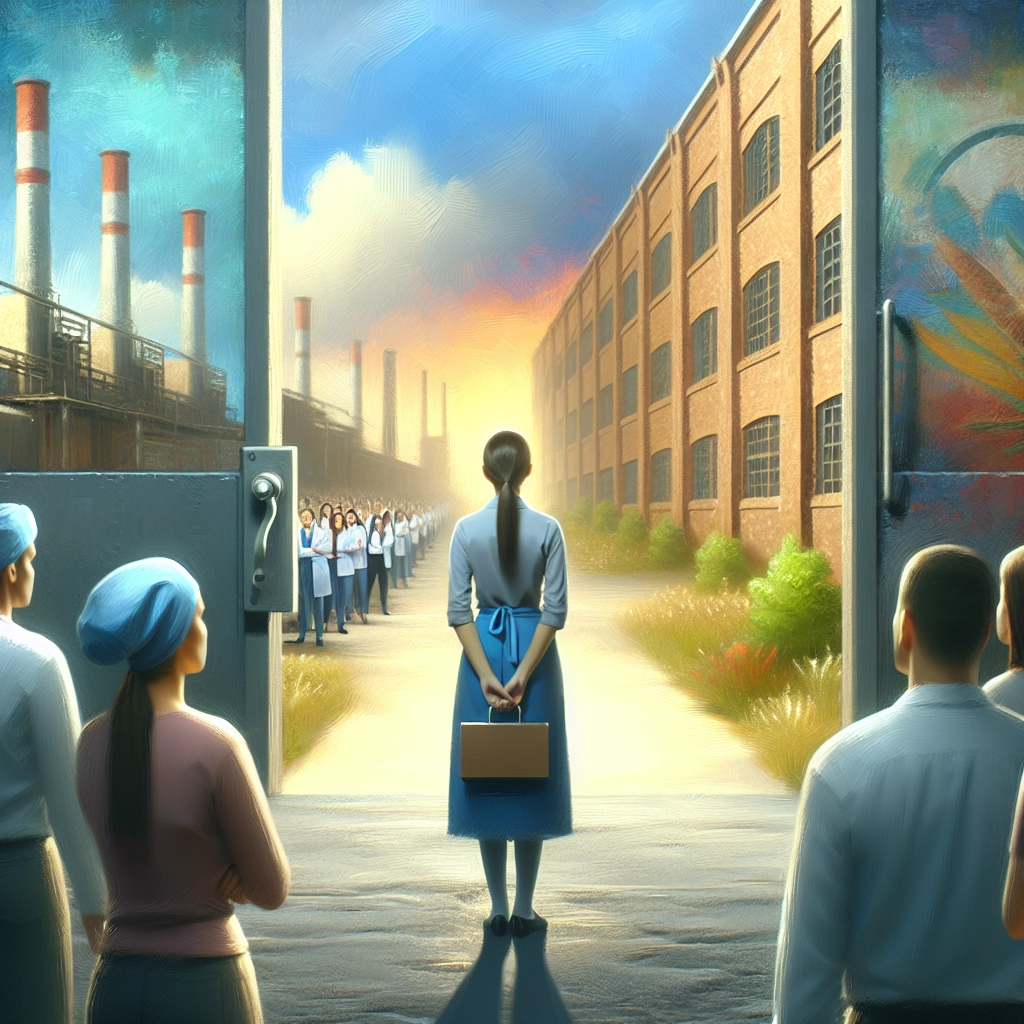


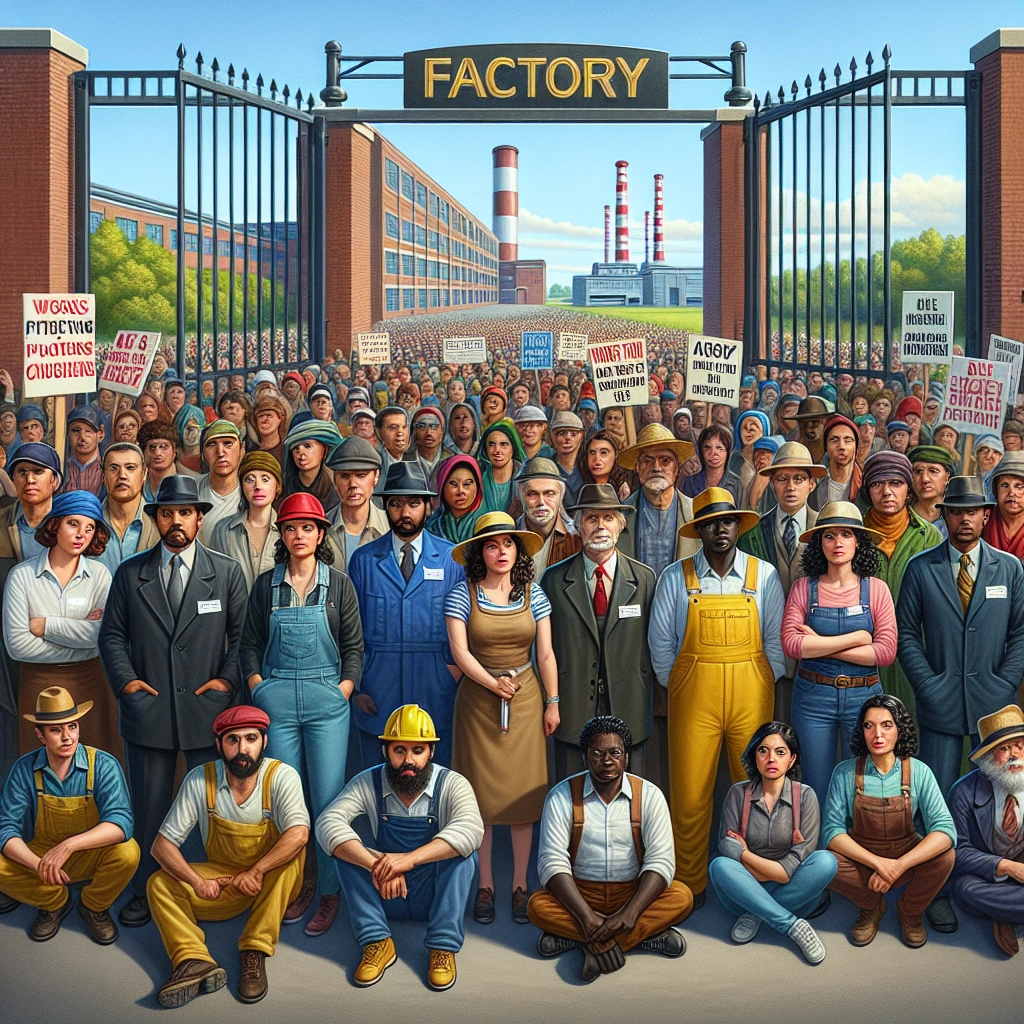
![countries where unions are illegal - Recommended Amazon Products for [Assisting Workers in Countries Where Unions Are Illegal] countries where unions are illegal - Recommended Amazon Products for [Assisting Workers in Countries Where Unions Are Illegal] - countries where unions are illegal](https://leaveadvice.com/wp-content/uploads/2023/11/Recommended-Amazon-Products-for-Assisting-Workers-in-Countries-Where-Unions-Are-Illegal.webp)
![countries where unions are illegal - Top Recommended Product for [Assisting Workers in Countries Where Unions Are Illegal] countries where unions are illegal - Top Recommended Product for [Assisting Workers in Countries Where Unions Are Illegal] - countries where unions are illegal](https://leaveadvice.com/wp-content/uploads/2023/11/Top-Recommended-Product-for-Assisting-Workers-in-Countries-Where-Unions-Are-Illegal.webp)
